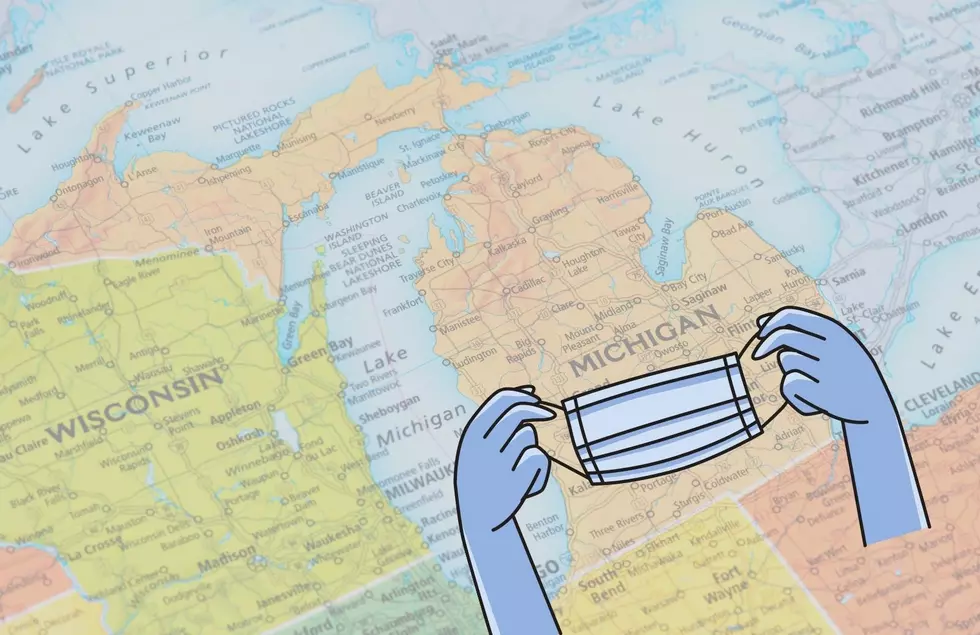
Contact Tracing Explained: Here’s What You Need to Know
Contact tracing is not something new, in fact, public health officials have been using this method for decades to help contain the spread of infectious diseases. Michigan will now be using the three-step plan to help slow down the spread of the coronavirus.
Contact tracing can be a critical tool to help safely reopen our economy and communities.
The Michigan Department Of Health and Human Services released this video below to help make the public aware that contact tracing would soon become a thing here in Michigan.
Contact tracing can help us contain coronavirus. So if you get a call from MI COVID Help or a local health department, answer to protect us all. Learn more at Michigan.gov/ContainCovid
Posted by Michigan Department of Health and Human Services on Tuesday, May 12, 2020
The first step to contact tracing is testing. If you begin to show symptoms of COVID-19—which are typically fever, cough, or shortness of breath—it is important to contact your healthcare provider. They will give you an over the phone evaluation and let you know if you need to go for testing.
By calling your health provider first, they will help evaluate your symptoms and risk factors. Before heading to a coronavirus test site, make sure you call the test site to learn the testing criteria, as well as their availability and hours, as such information can change daily.
The second step of contact tracing is trace.
The MDHHS will be calling anyone who has been exposed to COVID-19. If you get an incoming call from 866-806-3447, the MI COVID HELP, or your own local health department, answering that call will help contact tracing work in the state of Michigan. You may even receive a text from 25051 before your call.
You can expect public health staff to reach out and ask questions such as who you came in contact with closely during the time you possibly had the infection. Afterward, contact tracers will work on calling those who may have been exposed in a timely manner. Those who receive the call will be given help and support to better understand how to keep others they may have come into contact with safe.
Close and casual contacts are the ones who should expect to be contacted, especially if there was less than six feet of distance or direct contact for prolonged periods of time happened.
All calls will be confidential and will protect the privacy of the patients. After getting the call, you will be asked to social distance and self-quarantine for 14 days.
Be aware, however, that health officials will never ask for personal identification. If you get a call asking for something like that, it may be a scam.
The last and final step of contact tracing is protect. The best way to help stop the spread of the disease is by staying home to help protect your friends and community. By self-isolating, you're helping protect those who have not been exposed to the virus or who are sick.
If you are asked to self-isolate, there are some resources that can help you protect you and your family. To learn more about those resources, click here.

MORE INFO: From Swab To Lab: A COVID-19 Test's Trip To Results
More From 94.9 WMMQ









